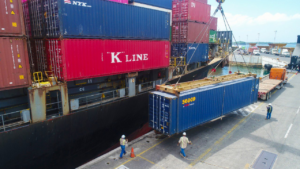The World Bank has warned that the labor market in Latin America and the Caribbean will show slower growth in 2025, in line with the slowdown in economic growth in the region. According to the most recent Regional Labor Outlook, job creation is estimated to grow by just 1.6% year-on-year, compared to the 2% projected for 2024. Furthermore, labor income growth will also slow, reaching 1.5%, below the nearly 4% average observed at the beginning of this year.

The international organization emphasized that this trend reflects a persistent structural problem: the region’s inability to generate enough quality jobs to drive sustained poverty reduction. This lack of dynamism limits opportunities for millions of people and represents a major obstacle on the path to more equitable and inclusive development.

External factors such as growing global economic uncertainty and technological advances, especially in Artificial Intelligence, represent new challenges for workers in the region. Many jobs, especially those closely linked to the external sector, are at risk of being automated, exacerbating the vulnerability of the Latin American labor market.
The World Bank proposes a dual strategy to strengthen employment in the region. On the demand side, it suggests eliminating bottlenecks in key sectors such as agribusiness and tourism, in addition to fostering a more competitive and attractive business environment for investment.

On the labor supply side, the recommendations aim to improve educational quality and promote continuous learning throughout the working life cycle. These interventions would allow workers to adapt to market changes and access better opportunities, thus contributing to more inclusive and sustainable economic growth.







